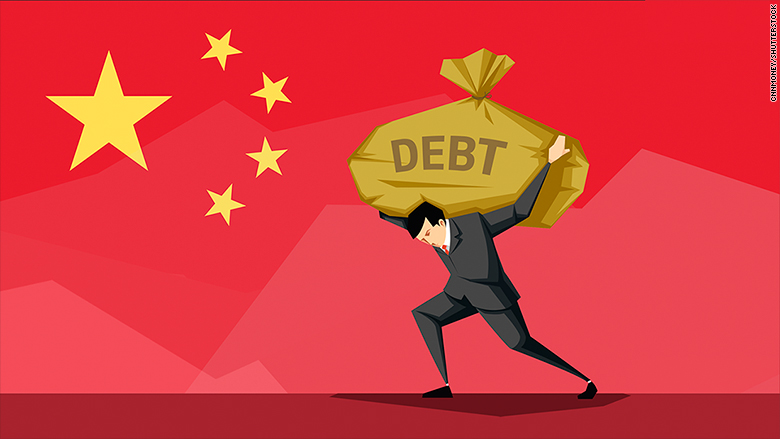Sara Hsu, Visiting Scholar at Fudan University
Apr 04, 2019
While shadow banking remains too risky to fully legitimize as a reliable form of finance for China’s economy, there is one aspect that, under strong supervision, may provide relief for financing needs that banks cannot fully satisfy.
Sourabh Gupta, Senior Fellow, Institute for China-America Studies
Mar 08, 2019
China’s foreign inward investment regime will witness a great leap forward next week during the final plenary of the ‘Two Sessions’ meetings, with the fast-tracked passage of a streamlined and liberal foreign investment law.
Zhong Wei, Professor, Beijing Normal University
Mar 07, 2019
Although the global economy is witnessing an evident slowdown this year, 2019 is a promising year for deepening the financial supply-side structural reform. This requires China to be neither aggressive nor conservative, and instead be cautious and avoid making blunders.

He Yafei, Former Vice Minister of Foreign Affairs
Aug 28, 2018
The relationship with the U.S. has been an important factor for China’s success in the last 40 years in its reform and opening-up effort to integrate into the global system.

Yuen Yuen Ang, Professor of Political Economy at Johns Hopkins University
Feb 07, 2018
In 2018, the 40th anniversary of "reform & opening," how party leaders tell the story of China's transition over the past 40 years will shape future policy steps, both at home and abroad.

Zhang Monan, Deputy Director of Institute of American and European Studies, CCIEE
Jan 30, 2018
A solution to local government debt is strengthening the central bank’s supervision over it.

Christopher A. McNally, Professor of Political Economy, Chaminade University
Dec 08, 2017
The China model could lead to more varied views on what works and doesn’t in economic development.

Christopher A. McNally, Professor of Political Economy, Chaminade University
Oct 23, 2017
Many observers note that President Xi Jinping’s opening speech at the 19th National Congress did not spell out major new economic reform initiatives. Nonetheless, economic reform has neither stalled nor backtracked in the past five years, and is even less likely to do so if Xi Jinping successfully consolidates his power with the 19th Congress.

Cheng Li, Director, John L. Thornton China Center, The Brookings Institution
Lucy Xu, Senior Research Assistant, Thornton China Center
Apr 27, 2017
Xi Jinping’s administration has emphasized the promotion of leaders who have worked in China’s poorest and most remote provinces, or “hardship” regions. But not all emerging heavyweights with experience in hardship regions are Xi Jinping’s protégés. In fact, some have strong personal ties to Hu Jintao (胡锦涛) and Li Keqiang (李克强).
Cheng Li, Director, John L. Thornton China Center, The Brookings Institution
Yiou Zhang, Graduate Student, Johns Hopkins University
Apr 19, 2017
Though the Chinese leadership has labored over the past three decades to instill rules and norms into its elite selection process, concerns have persisted over the effectiveness and durability of these nascent institutional mechanisms. What institutional limitations and political barriers stand in the way? The selection of ethnic minority leaders provides a good case study that sheds valuable light on these questions.
Back to Top

- China-US Focus builds trust and understanding between the U.S. and China through open dialogue among thought leaders.
- Our Offerings
- Topics
- Videos
- Podcasts
- Columnists
- Research Reports
- Focus Digest
- Stay Connected
-
Thanks for signing up!
- Get the latest stories from China-US Focus weekly.